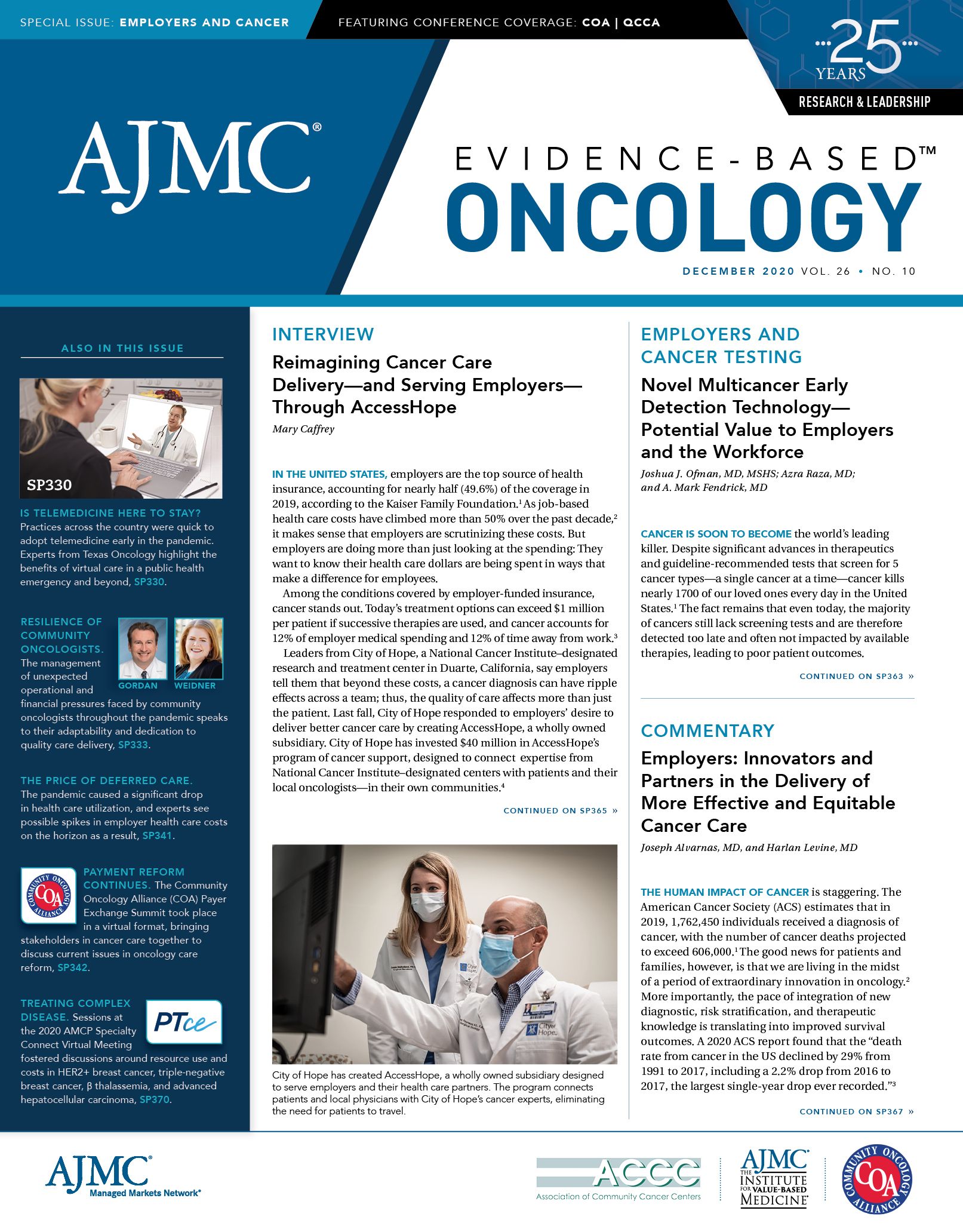- Center on Health Equity & Access
- Clinical
- Health Care Cost
- Health Care Delivery
- Insurance
- Policy
- Technology
- Value-Based Care
FDA Approves Liquid CDx for Advanced Castration-Resistant Prostate Cancer
The liquid serum assay was cleared for use as a companion diagnostic for olaparib to identify patients with BRCA1/2- and/or ATM-mutated metastatic castration-resistant prostate cancer.
The FDA approved another application of Foundation Medicine’s liquid genomic biopsy assay, this time for patients with metastatic castration-resistant prostate cancer (mCRPC), to see if they are candidates for olaparib (Lynparza).
The assay, Liquid CDx, was cleared for use as a companion diagnostic for olaparib to identify patients with BRCA1/2- and/or ATM-mutated mCRPC.
In September, it was announced that for patients with mCRPC with those alterations, olaparib cut the risk of death by 31% compared with those who received a novel hormonal therapy.
Olaparib has already received a category 1 recommendation in guidelines from the National Comprehensive Cancer Network, viewed as the gold standard for payers deciding what new therapies to add to their formulary
Liquid CDx is able to evaluate more than 300 cancer-related genes for alterations. Results from testing with the FoundationOne Liquid CDx are provided in a report that shows alteration in patients and the matched FDA-approved therapies to target them.
For some patients with mCRPC, tissue availability can be an issue. mCRPC has a high mortality rate because of limited treatment options. The company’s tissue-based comprehensive genomic profiling test, CDx, was approved as a companion diagnostic for olaparib last May.
This is the eighth FDA approval of Liquid CDx as a companion diagnostic test for approved cancer therapies. Last month, it was approved as a companion diagnostic to identify patients who may benefit from 3 targeted therapies: alpelisib (Piqray), rucaparib (Rubraca), and alectinib (Alecensa) for breast, ovarian, and lung cancers.
FoundationOne Liquid CDx was approved by the in August to detect more than 300 cancer-related genes within all solid tumors through a simple blood draw.
Prostate cancer is the second most common cancer in men.

